#Simonida Selimovic
Text
Wanda Maximoff has been leaked for the Marvel's Avengers game, the one starring Kamala Khan. I have no idea if they've cast an actress yet but I think the Scarlet Witch community should push for a Romani actress to lend her voice and likeness to the character.
It may also be a good time to reach out to actresses such as Alina Serban, Franciska Farkas, Mihaela Dragan, Alba Flores, and Simonida Selimovic to make them aware that there is a chance for representation.
It may not fix the MCU mistakes. In fact, it won't change the MCU at all, but imagine a Romani actress actually being cast as Wanda in a popular video game. Imagine finally having the Scarlet Witch we deserve in popular media, portrayed the way she deserves. The way the fans who Wanda represents deserve.
I don't have instagram or twitter anymore, but I think it's very important to reach out and campaign for this.
Every possible version of Wanda should be Roma. Do not let them cast another white actress.
The game is Marvel's Avengers, its made by Square Enix and Crystal Dynamics. Specifically, Crystal Dynamics, Eidos-Montréal, Square Enix Europe, Nixxes Software BV, Crystal Northwest.
Please. If you care, now is the time to make change.
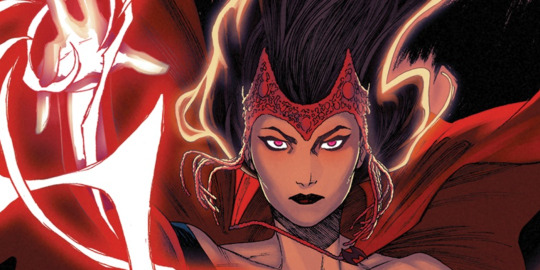
#wanda maximoff (comics)#wanda maximoff#scarlet witch#franciska farkas#alina serban#mihaela dragan#alba flores#Simonida Selimovic#anti mcu wanda#anti mcu#anti elizabeth olsen#roma#romani#the scarlet witch#wanda maximoff icons#Avengers#comics#marvel comics#wandavision#multiverse of madness#captain america#thor#black widow#iron man#hulk#bruce banner#hawkeye
679 notes
·
View notes
Photo
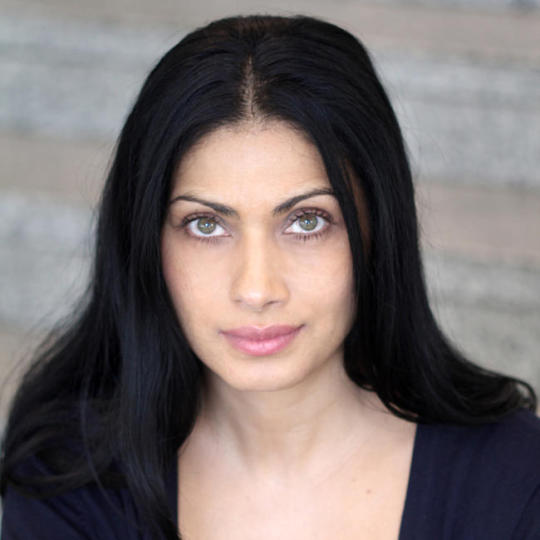

Another ‘What If’ fancast for Wanda Maximoff, Roma actress Simonida Selimovic. Amazing how many Roma actresses there are when you actually look, and yet the MCU cast a white woman to play canonically Roma Wanda...
53 notes
·
View notes
Text

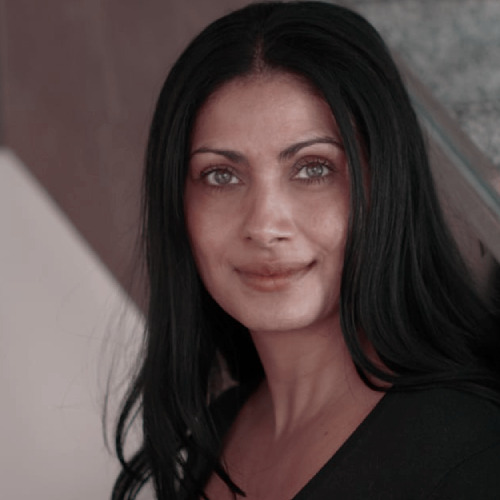
SIMONIDA SELIMOVIC | SERBIAN ROMANI | 1979
7 notes
·
View notes
Text
I noticed a lack of romani fcs, so I made a list ♡
Carolina Yuste, actress - Spanish Romani (1991)
Zaira Morales, actress - Spanish Romani (1999)
Rosy Rodriguez, actress - Spanish Romani (1999)
Alba Flores, actress - Spanish Romani, Spanish (1986)
Elena Furiase, actress - Spanish Romani, Spanish, Italian (1988)
María José Llergo, singer - Spanish Romani (1994)
Amara Carmona, actress - Spanish Romani (1977)
Anastasia Dymitrow, actress - Polish Romani (unknown age)
Klaudia Dudová, actress - Czech Romani (1988)
Simonida Selimovic, actress - Serbian Romani (1979)
Sandra Selimovic, actress - Serbian Romani (1981)
Franciska Farkas, actress - Hungarian Romani (1984)
Katalin Bársony, filmmaker and director - Hungarian Romani (1982)
Mary Nótár, singer - Hungarian Romani (1985)
Alina Serban, actress - Romanian Romani (1987)
Mihaela Dragan, actress - Romanian Romani (1986)
Raisa Mihai, actress - Romanian Romani (2000)
Doinita Oancea, actress - Romanian Romani (1983)
Nicole Cherry, singer - Romanian Romani, Romanian (1998)
Zita Moldovan, actress and journalist - Romanian Romani (1979)
Taisiya Schumacher, actress - Russian Romani, German (unknown age)
Claudia Ruza Djordjevic, actress - Italian Romani (unknown age)
Laura Halilovic, director - Italian Romani (1989)
#fc#romani#romani people#romani fc#romani face claim#wanda maximoff#faceclaim#faceclaims#poc fc#female faceclaim#underused faceclaims
383 notes
·
View notes
Text
simonida selimovic as wanda maximoff (the scarlet witch)
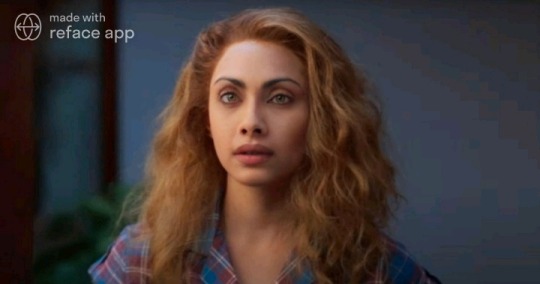
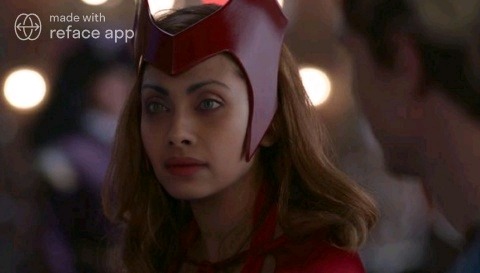
2 notes
·
View notes
Video
youtube
Enjoy Your Struggles - A video documentation of the exhibition and its public programme
Open from 29 April to 21 May 2016
With LŐRINC BORSOS, Dilar DIRIK/Jonas STAAL, Katalin ERDŐDI, Zsuzsi FLOHR, Marty HUBER, Tatiana KAI-BROWNE, Alexandra PIRICI/Raluca VOINEA, Toni SCHMALE, Sandra SELIMOVIC/Simonida SELIMOVIC, Hito STEYERL, Zsófia SZEMZŐ
Curated by Katalin ERDŐDI, Zsuzsi FLOHR
video: Asia Dér
http://asiader.tumblr.com/
0 notes
Text
Enjoy Your Struggles
Curated by: Katalin Erdődi and Zsuzsi Flohr
Dates: 29 April - 21 May 2016
Place: Studio of Young Artists’ Association (FKSE) - Studio Gallery, Budapest
struggle /strʌɡ(ə)l/
a forceful or violent effort to break free of restraint or resist attack; a conflict or contest; a determined effort under difficulties; a very difficult task.
The exhibition Enjoy Your Struggles borrows its title from a boxing manual, according to which “enjoying our struggles”, endurance and dedication are essential for victory. This attitude of sports(wo)men is taken as a point of departure by the participants of the international group exhibition, who arrive at the issue of everyday struggles through the exploration of their own experiences and shared, social and political processes. The emphasis is not on competition, but on potential points of connection between diverse struggles. How do our own struggles open our eyes to the situation of others, helping us us learn from and support one another?
Zsuzsi Flohr’s project The Jewish Renaissance Boxing Club revives the history of Jewish sports associations, exploring issues of self-representation and body politics through the media of art, performance and boxing.
Boxing is no mere metaphor here: in the beginning of May, the club invites everyone—including complete beginners—to a two-day boxing workshop at the gallery.
In their video Gipsy Stop Dancing, the Vienna-based Serbian artists Sandra and Simonida Selimovic deal with recent acts of violence against Eastern European Roma and Sinti communities, and ask whether sports can be a means to overcome social exclusion. Also part of the exhibition, their music project Mindj Panther is inspired by the activism of Pussy Riot and the Black Panther movement. Subverting cultural clichés and prejudices, the female rappers fight for social justice as ninjas.
Through two works, the exhibition discusses the increasingly relevant Kurdish Women’s Movement, fighting for not only women’s rights, but also democracy in the Syrian region of Rojava (Western Kurdistan). Video artist Hito Steyerl pays tribute to her one-time friend Andrea, with whom she made experimental feminist martial art films in the ’80s. Later on Andrea switched to real-life fighting and joined the Kurdistan Workers’ Party. In collaboration with artist Jonas Staal, activist and researcher Dilar Dirik reports on the extraordinary efforts of Kurdish women, who introduce revolutionary political agendas in the areas they liberate.
In the Manifesto for the Gynecene, the Romanian artist Alexandra Pirici and curator Raluca Voinea advocate for a new geological era that shifts the main agency to the “feminine principle”. The exhibition’s curators, Katalin Erdődi and Zsuzsi Flohr, present a joint work evoking Rózsa Schwimmer, an outstanding, but forgotten figure of the early Hungarian feminist movement.
Alongside politically and socially engaged approaches, other participating artists consider the notion of struggles from a more intimate, personal perspective. The video installation Self-critical Portrait by Lőrinc Borsos (János Borsos and Lilla Lőrinc) offers a peek into the process of couple therapy. Zsófia Szemző deals with feelings of vulnerability and fear in her drawings, while Toni Schmale’s work explores the intersection of gender, sexuality, sports and fetish.
On the opening night, starting at 8PM, Marty Huber presents a sporty lecture performance in English about Queer Alliances Or How the Yogi Ended Up In the Box Club. She connects sports with discourses around the body, gender roles and identity, questioning dominant stereotypes and expectations, while serving tennis balls.
On 7-8 May (both days 3-5PM) Tatiana Kai-Browne, collaborator of The Jewish Renaissance Boxing Club, will hold a boxing workshop. The workshop is open to anyone interested, no prior experience necessary.
If you would like to participate, please register in advance at [email protected] until 4 May. Please bring comfortable clothing and training shoes!
On 8 May, from 6PM join a guided tour with the curators, Katalin Erdődi and Zsuzsi Flohr.
The exhibition and public programme is supported by Austrian Cultural Forum, The Arts and Culture Division of the Federal Chancellery of Austria, National Cultural Fund of Hungary.
Partner: Romanian Cultural Institute
Special thanks: Ágnes Básthy, Centrális Gallery, Susanne Bachfischer, János Flohr, Eduard Freudmann, Krisztina Erdei, Áron Fenyvesi, FÚGA, Dániel Halász, Bea Istvankó, Miklós Keve, Dóra Komlósi, Éva Korodi, Júlia Laki, Péter László, LUMEN, Mesi Mucsi, Ferenc Nemzetes, Viktoria Posavec, László Remkó, Márk Szapu, Katalin Székely, Kriszta Tölgyi, Trafó Gallery, Trapéz Gallery, Hajnalka Tulisz, Fábián Vörös
0 notes